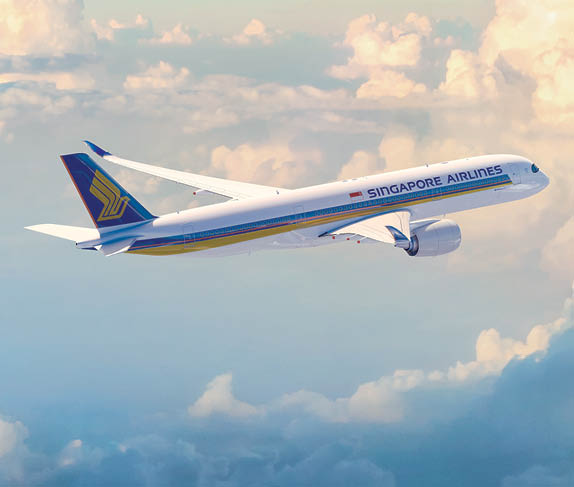Korean Air has closed a $149.197 million pre-funded Eximbond to finance one 777F (msn 37640). This is the airline’s first Ex-Im Bank guaranteed bond issuance and the first Ex-Im Bank guaranteed prefunded floating rate bond ever issued globally. It is also the first prefunded Eximbond ever issued by an Asia Pacific airline.
The issuer is KE Export Leasing (2013-A) LLC, a special purpose lessor set up within an aircraft financing structure for Korean Air. The oversubscribed bonds priced at three month $L+250bps – which is the lowest floating rate achieved by any issuer since the product launched in October 2009.
BNP Paribas acted as lead manager of for Korean Air.
This deal shows that this product is maturing nicely and has opened up an efficient and reliable source of financing for aircraft operators. It is also not an unsurprising development – Airline Economics reported back in October that operators, specifically aircraft lessors, were being offered pre-funded Eximbond mandates for aircraft they haven’t even acquired yet. The issue with pre-funded bonds is that they essentially refinances a short-term loan that funds the delivery of the aircraft – this can be for as short as a day or so after delivery but there are often covenants and rates on the bridging loans are usually quite unfavourable compared to longer-term commercial finance deals, the bonds are almost always issued within days of the aircraft being delivered and certainly within six-months.
However this seems to have been eradicated since the Eximbond product process has become more efficient and more economical for airlines.
One of reason pre-funded Eximbonds are possible for airlines and operators to issue is because the exemption from registering under US Securities Law remains because the Ex-Im Bank guarantee attaches from the date the deal closes not when the aircraft is delivered. The bond holder’s interest payments are effectively guaranteed by the US government. The only disadvantage to prefunded notes is that there has to be a time limit on when the aircraft can be delivered. Usually a time limit of around four months is agreed between the airline and the bank so if there is a short delay there is no issue at all but if there is a substantial delay the deal will need to be reversed and bond holders repaid. There is a discussion about how long that window can be at the moment. One source suggests that that window is being pushed out to 18 months or longer. Regardless it shows the strength of the product and the assets in the capital marketplace where investors are seeking for guaranteed yields due to unfavourable rates for Treasuries bills and other sovereign debt products.

